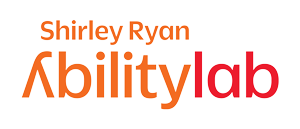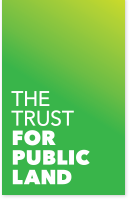
Your Trusted Partner For Real AI And Custom Fundraising Solutions
Since 2007, DonorSearch continues to be the preferred and trusted partner of thousands of nonprofits.
Learn More From All Of Our Available Resources!
Ebooks, Guides & More
Download our free ebooks today to discover expert insights and practical tips on prospect research & fundraising!
Download NowWebinars & Webcasts
Register now for exclusive insights from industry experts. Don't miss out on our upcoming webinars!
Watch NowBlogs
Read our latest blog posts for valuable insights on fundraising and research. Subscribe for more industry news and updates!
Read NowHOW IT WORKS
DonorSearch gives you actionable insights, giving history and wealth intelligence that connects more people to your cause.

-

Artificial Intelligence
Read MoreAre you ready to incorporate AI into your fundraising strategy?
DonorSearch Ai uses artificial intelligence to give fundraisers actionable insights.
Built for accuracy, efficiency, and expanding your donor pool, DonorSearch Ai takes the guesswork out of prospecting, identifying the most ready-to-give donors.
-

Donor Identification
Read MoreA Philanthropy-focused platform that connects giving with capacity.
Save time expanding your prospect database with DonorSearch’s smart tools and accurate data. We help prospect researchers and gift officers connect with people who have an affinity for your cause.
We have the largest philanthropic database globally, and our customers choose us because we start with proven philanthropy.
-

Capacity Screening
Read MoreWe connect the dots between wealth capacity and cause affinity.
We help prospect researchers and gift officers connect with people who have an affinity for your cause by providing insights into the giving history of donors who are likely to give to you.
Our philanthropy-first focus helps nonprofits focus on the relationships that will last and grow with your organization.
-

Easy Integration
Free DemoEnsure your portfolios are up-to-date and connected to your fundraising ecosystem.
Having your technology connected is crucial for working smarter and more efficiently. Your time is valuable and should be spent on building relationships, not figuring if your data is properly syncing to your CRM.
That’s why we focus so much on partnership and integration. We partner and integrate with over 30 CRM and fundraising systems.
AWESOME clients we serve
More than 8,000 nonprofits of all sizes and mission alignment trust DonorSearch to help them build relationships with more donors.
DonorSearch improves efficiency, accuracy and helps organizations match, giving affinity to giving capacity.
These are just a few of the amazing organizations we serve.






















